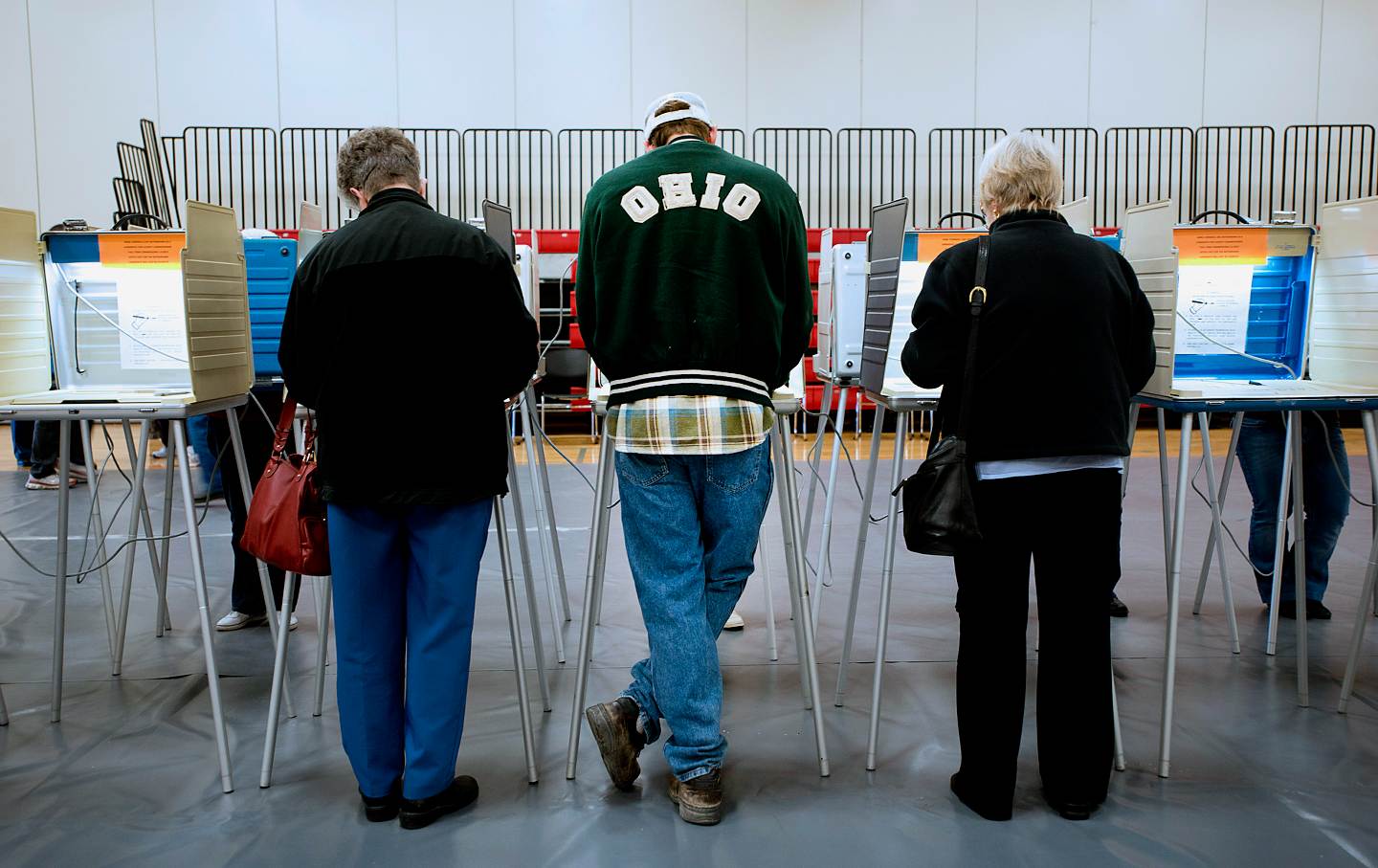Ohio Proposes a Constitutional Amendment to Reform Redistricting
September 30, 2024
Ohio, often cited as one of the most gerrymandered states in the United States, is evaluating a constitutional amendment known as Issue 1. This measure could fundamentally alter the manner in which the state’s congressional districts are determined.
Issue 1 proposes the establishment of a 15-member Citizens Redistricting Commission composed of representatives from various political affiliations, including Democrats, Republicans, and independents. The commission would be tasked with drawing new district maps while prohibiting participation from current and former politicians, political party officials, and lobbyists. The amendment aims to eliminate district manipulation that favors any particular party or lawmaker.
Rev. Terry Williams, an ordained minister and organizer with Faith Choice Ohio, highlighted the long-standing issue of gerrymandering in Ohio. He noted that under gerrymandered maps, politicians often become less accountable to their constituents.
Currently, the Ohio Redistricting Commission, responsible for drawing district lines, comprises members appointed by the governor, the secretary of state, the auditor, and leaders from the statehouse majority and minority parties. Issue 1 would introduce a more transparent application process for commission membership, with a selection panel consisting of retired judges from both major parties overseeing the applicant pool.
Although public opinion polling on Issue 1 is currently unavailable, historical voting patterns on ballot initiatives suggest Ohioans exhibit liberal tendencies. For instance, recent polling by Baldwin Wallace University indicated substantial support for enshrining abortion rights in the state Constitution and legalizing recreational marijuana. To be approved, Issue 1 would need just over 50% of the vote.
Ohio is categorized among the "most gerrymandered states" alongside Texas, Louisiana, and Arkansas. The Brennan Center’s research indicates that a significant majority of Ohioans live in districts where state representative elections lack competitive races. The Ohio Supreme Court has repeatedly deemed the state’s redistricting maps unconstitutional.
The campaign for Issue 1 garnered over 700,000 signatures, significantly surpassing the requirement to qualify for the ballot, with backing from organizations such as Citizens Not Politicians, the ACLU, and several labor unions.
Rev. Williams emphasized that recent political actions, such as anti-abortion measures, demonstrate a disconnect between political leaders and voter preferences. He expressed hope that the passage of Issue 1 would lead to better representation and support for abortion seekers in Ohio.
Opposition to Issue 1 primarily comes from Ohio’s GOP, which retains control over the state legislature, the state Supreme Court, and the governor’s office. Critics, including Governor Mike DeWine, argue that the proposed changes could exacerbate gerrymandering. Ohio Senate Majority Caucus’s spokesperson described the amendment as a radical proposal that undermines elected representation.
The ballot language for Issue 1, devised by Republican Secretary of State Frank LaRose, faced criticism from proponents who argued it presented the amendment negatively. Despite Democratic opposition on the Ohio Ballot Board, the state Supreme Court approved the language with minor revisions.
Proponents argue that Issue 1 is essential for combating extreme political actions that stem from gerrymandered districts. CJ Wilson, a regional organizer with Common Cause Ohio, described gerrymandering as a bipartisan issue that needs addressing nationwide.
With Ohio’s historical status as a swing state now in flux, advocates for Issue 1 encourage voters to participate actively in the 2024 elections to ensure fairer representation in future districting processes.
About the Author:
Zurie Pope is a sophomore journalism student at the University of Cincinnati, contributing to publications such as Youth Journalism International and The News Record.
